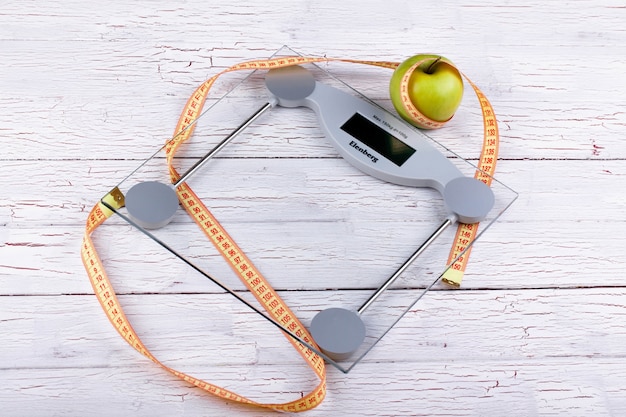
If you’re trying to lose weight, you’re probably thinking about counting calories and eating less, right? Well, not exactly, says Terry Fairclough, a top personal trainer and co-founder of Your Body Programme.
As a personal trainer, I’ve heard a lot of different opinions and questions about what the best diet is for weight loss. Should we be counting calories? Should we focus on low-fat, low-carb, or high-protein diets? Should we try fasting or eat small, regular meals throughout the day?
While a big calorie deficit can lead to losing weight, it doesn’t always mean you’re losing fat. It’s not healthy to eat too little. We all know someone who drastically cuts calories to get in shape for the beach. Sure, you might see some weight loss, but that doesn’t mean it’s the fat loss you’re aiming for.
These days, many of us eat more than we need. So, a slight calorie reduction might help, but that’s often because of previous overeating. People often think the only way to lose weight is by eating less, but that’s not true.
When you eat, your body turns carbohydrates into glucose, which is the main energy source for your cells. If you don’t use this energy right away, your muscles and liver store it as glycogen, which includes water. When your body needs energy or isn’t getting enough glucose from food, it taps into these glycogen stores.
So, what happens when you cut calories? You end up losing stored glucose and water—not the fat you’re trying to shed. A prolonged calorie deficit makes your body hold onto fat and break down protein instead, which isn’t what you want.
Protein helps burn more fat even while you’re resting, which is why it’s crucial to consume adequate calories with a balance of fats, carbs, and proteins. For those avoiding fat to lose it, the truth is fat is a vital energy source, more so than carbs or protein.
Fat provides more energy than carbohydrates or protein and is stored within muscles, making it easier to use during workouts. Unlike limited glycogen stores, body fat can be an almost endless energy source. When you exercise, stored fat breaks down into fatty acids, which your muscles use for energy. Without enough fat in your diet, you won’t have the energy to burn off excess fat.
Reducing calories and nutrients can lead to deficiencies, affecting your immune system, liver, and digestion, and can slow your metabolism. Health problems from under-eating can include fatigue, malnutrition, bone issues, hormone problems, and fertility issues.
Extreme calorie cutting stresses your body, releasing cortisol, a stress hormone that initially might cause weight loss. However, persistent stress and high cortisol levels eventually slow your metabolism, increase fat storage (especially around the belly), and can cause thyroid issues.
Additionally, under-eating impacts how your body digests and absorbs nutrients essential for health and fitness, affecting workout results. Poor nutrition can also disrupt sleep, where low blood sugar levels might wake you up. Bad sleep affects detoxification, immunity, fitness, and productivity and may lead to weight gain.
I’ve seen bodybuilders cut calories to get lean but sometimes fall ill if not done properly. Continuous calorie cutting can harm your metabolism, making weight loss tough since your body adapts, storing any excess food as fat in a “famine mode.”
Ultimately, eating the right number of calories, balanced with carbs, fats, and proteins, based on your body type, goals, and lifestyle, is crucial. I created Your Body Programme to help determine individual calorie needs.
The takeaway is to nurture your body with the right nutrition to keep your metabolism running efficiently. My program shows that increasing calories can actually aid fat loss.
Eat lean proteins like beef, chicken, eggs, and fish, or plant-based options like pulses and tofu if you’re vegan. Add healthy carbs like fruits, vegetables, sweet potatoes, and whole grains, along with healthy fats like avocados, nuts, and olive oil.
Help your body function optimally by staying healthy and well-nourished. This approach ensures your metabolism stays active and supports fat loss.